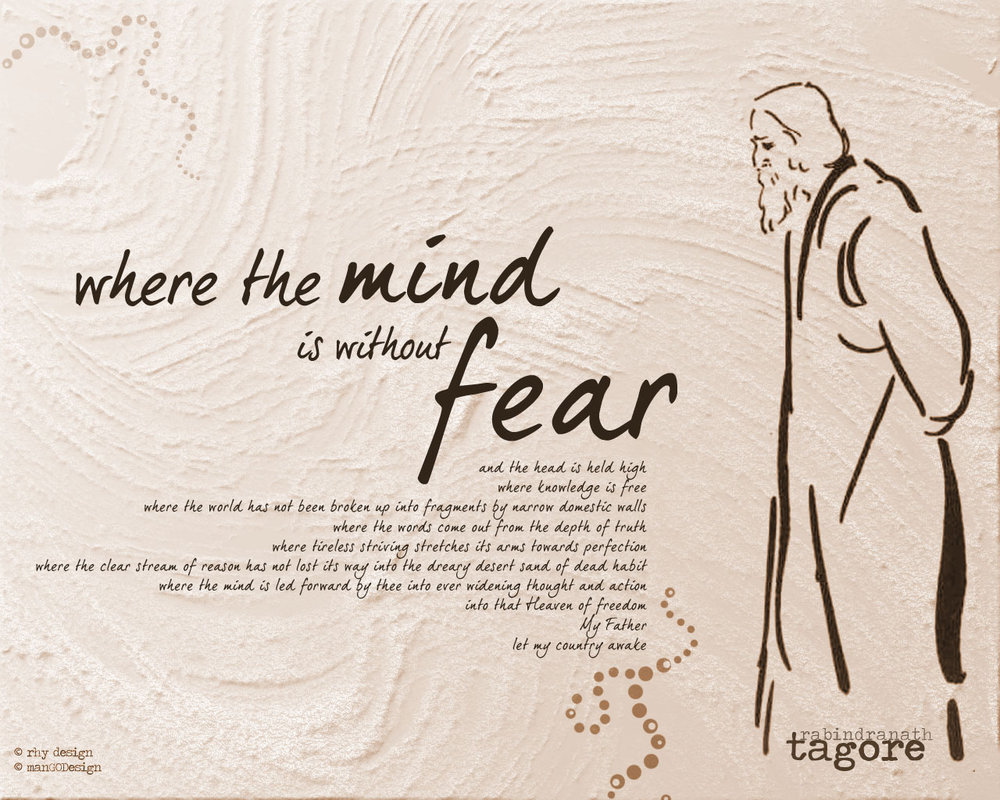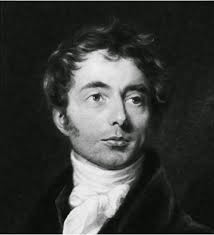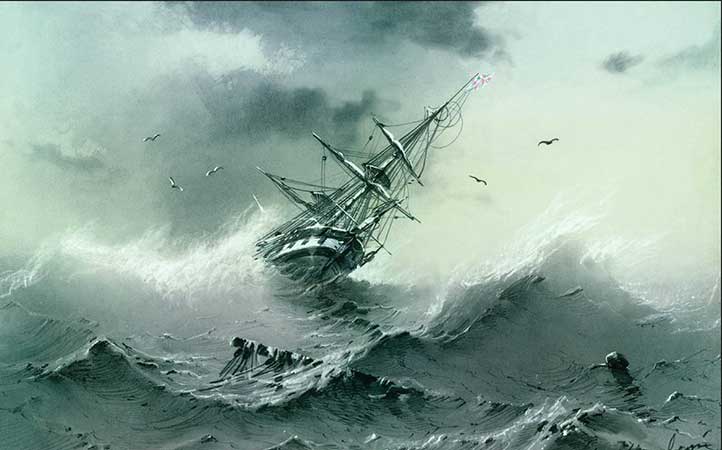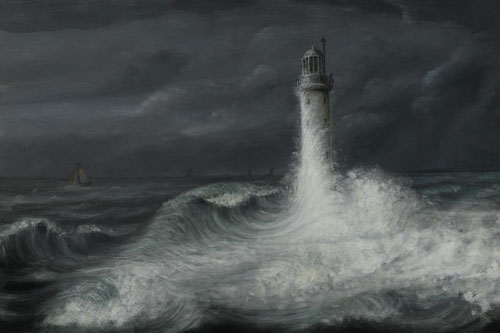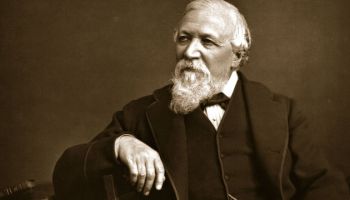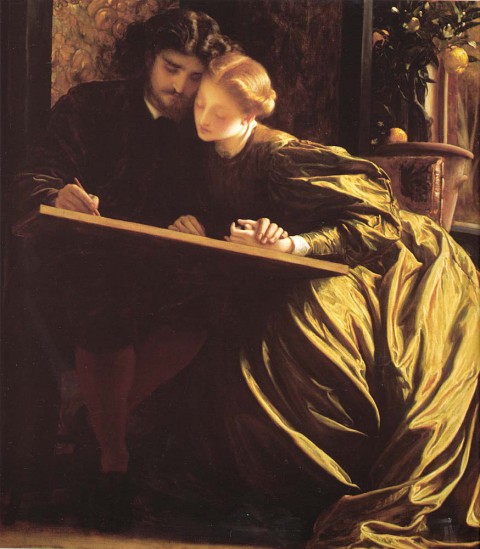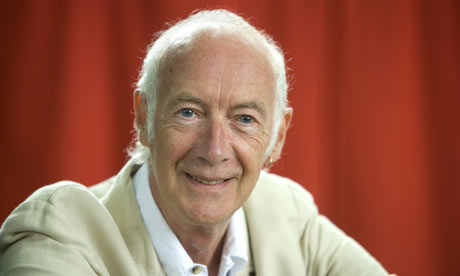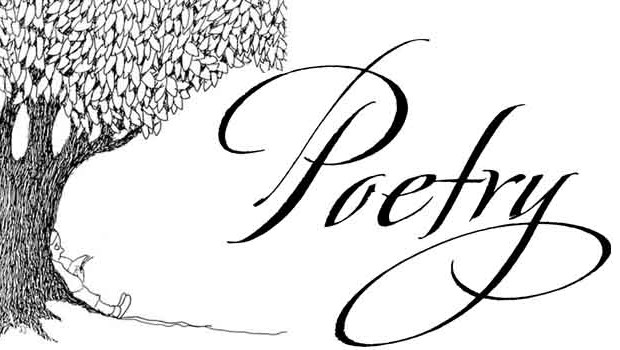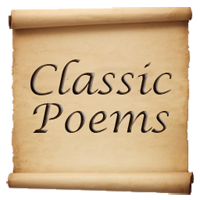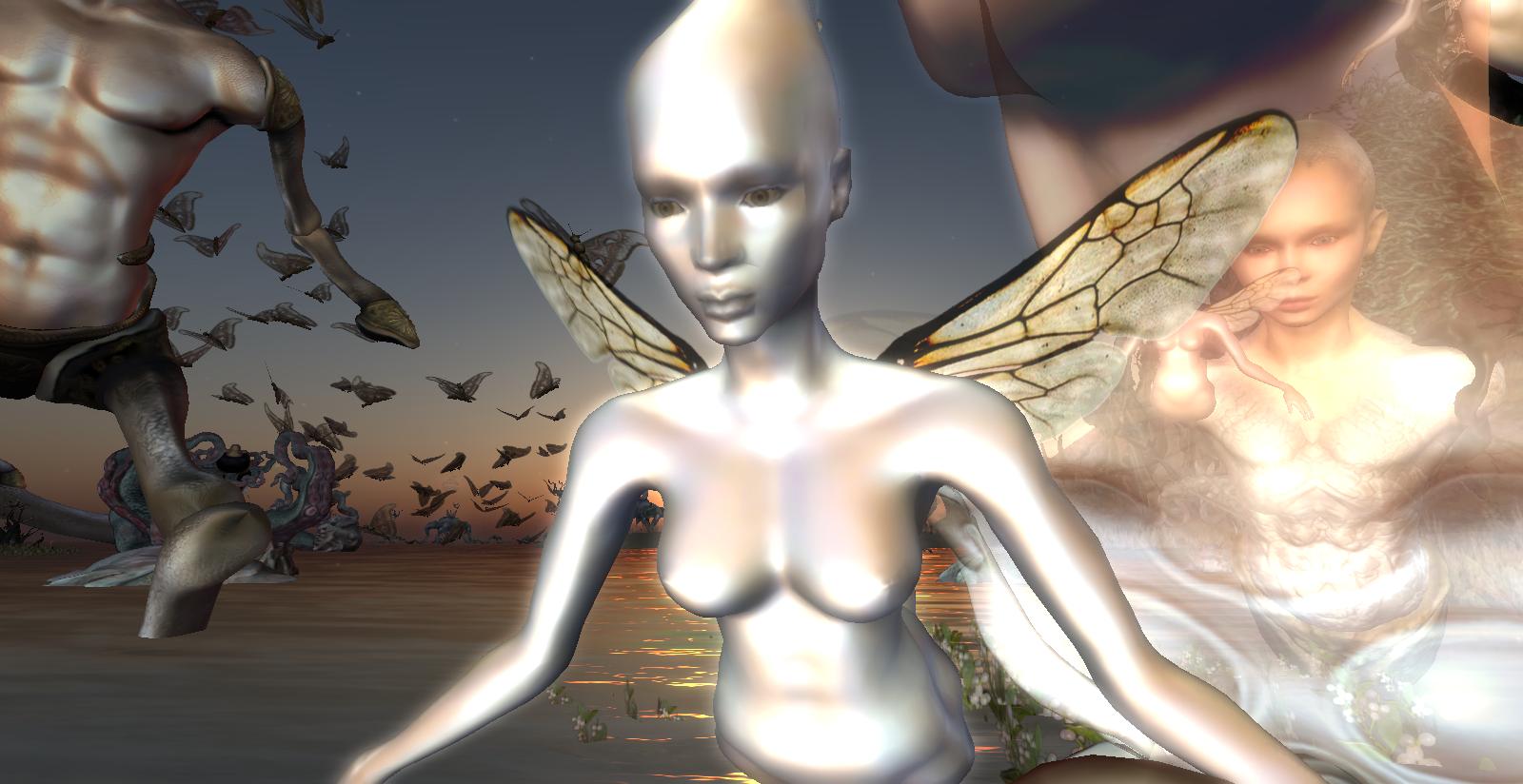About the poet: The American essayist, lecturer and famous as a poet and was a pioneer of the mid-19th century transcendentalist movement, Ralph Waldo Emerson, was born on 25 May, 1803. Once driven away from the religious and social beliefs of his contemporaries, he produces his famous essay, “Nature” in 1836, elaborating the philosophy of transcendentalism. This was followed by his, perhaps, the most famous work “The American Scholar”; it was a speech delivered in 1837, which is considered as America’s “intellectual Declaration of Independence’ by Oliver Wendell Holmes Sr. His essays represent the central idea of his thinking; his first two collections of essays are Essays: First Series (1837) and Essays: Second Series (1844). Essays such as Self-Reliance, The Over-Soul, Circles,
The Poet and Experience are considered to be the works of the most celebrated years of Emerson’s life. His works mainly dealt with ideas such as individuality, freedom, the ability for mankind to realize almost anything, and the relationship between the soul and the surrounding world. His concept of nature was more philosophical than Naturalistic. He is considered as one of the several figures who “took a more pantheist or pandeist approach by rejecting views of God as separate from the world.” He was born in Massachusetts to a Unitarian minister, Rev. William Emerson. Named after his mother’s brother Emerson was the second of the five sons that had survived. He had his educations from reputed institutions starting with his schooling at the Boston Latin School in 1811; his resume was remarkable as at the age of only 14, in 1817, he went to the Harvard College to serve as the president’s messenger. At the age of 78, he died on 27 April 1882.
Poetic devices in The Rhodora
IMAGERY: Rhodora is an image of man; through it the poet describes the philosophical meaning and essence of a man’s life.
PERSONIFICATION: Line 9: Rhodora has been personified, as the poet is talking to it. And advises it regarding its reply to its admirer’s questions.
The Rhodora Summary by R.W. Emerson
The poem starts with a question “On being asked, whence is the flower.” It, of course, points out that the poet is out looking for the answer of the same. The poet says how the he “found the fresh Rhodora in the woods” when the “sea-winds pierced” his solitude; it happens in the month of May as pointed out by the poet himself in the very first line. The poem is a description of the beauty of this flower called Rhodora. It is a flower with “purple petals” which makes the “black water” with its beauty “gay”, in other words, pretty. The “red bird” which may come to the flower in spite of the mighty red color looks cheap in comparison to the Purple flower. In the ninth line, the poet directly addresses the flower, and advice it that if someone asks her about why such beauty is” wasted on the earth and sky” then it must inform them, that if eyes are there only to appreciate beauty then beauty too exists for being appreciated, not some deep purpose. The finally compares Rhodora to the pretty rose and calls it a “rival”. The poem ends on a note of realization that the poet comes to, that he is like the Rhodora; there reason for being is the same.
The Rhodora Analysis by R.W. Emerson
Living up to the central idea of the poet’s thought, this poem brings out the philosophical sense of nature (Rhodora) rather than the naturalist. The poem ponders over the question as to why God has created something so beautiful when one can never see it. The line “whence is the flower” in this light can be taken as a mere sarcastic comment. By the end of the poem, the poet has discovered the answer to one of the fundamental questions of life through the flower, Rhodora, the reason behind our existence. The Rhodora is a delicious plant that belongs from the northeastern United States of America. Emerson has very tactfully started the poem with a sub heading, “On Being Asked, Whence Is the Flower?” with this, the poet establishes the question that is going to be the dominant theme that is central to the idea of the poem.
Emerson finds the Rhodora as leafless blooms in a damp nook. With this line itself, he sets up the futility of such a beauty, hence the sole purpose of Rhodora is pleasing the other elements of nature just like the slow moving brook. The poem expresses a spiritual connection that can be possible between nature and its occupants, such as between man and nature. The Rhodora in spite of being so beautiful does not share the fame and appreciation that rose is given. The poet in the concluding lines relates to the flower by equally embrace the humility as a Christian virtue. Elisa New compares the poem to other “American mutability poems” like Philip Freneau’s “Wild Honeysuckle” and William Cullen Bryant’s “To a Fringed Gentian.”
Tone of the poem: Written in 1834, “The Rhodora” is a 16 lines long poem by Emerson which diligently brings out the philosophical ideas relating to nature, that the poet talked about in his essays and lectures. The poem has a sophisticated form, with the skillful amalgamation of octaves, quatrains, and heroic couplets. The first eight lines of the poem present a situation and the last eight presents an answer to the question raised by the subheading. The poem has a philosophical tone, which remains unchanged to the very end. Even when the poet raises the question about the whereabouts of the flower, it is merely for setting the plot of the poem, he was already aware of the answer.
Conclusion: The poem has a philosophical meaning; it raises a fundamental question, about the reason of our existence. It is all about the essence of our existence; it is what drives us to live day by day. The poet in the poem through the image of Rhodora, he has explored similar circumstances in a man’s life.
Some online learning platforms provide certifications, while others are designed to simply grow your skills in your personal and professional life. Including Masterclass and Coursera, here are our recommendations for the best online learning platforms you can sign up for today.
The 7 Best Online Learning Platforms of 2022
- Best Overall: Coursera
- Best for Niche Topics: Udemy
- Best for Creative Fields: Skillshare
- Best for Celebrity Lessons: MasterClass
- Best for STEM: EdX
- Best for Career Building: Udacity
- Best for Data Learning: Pluralsight
